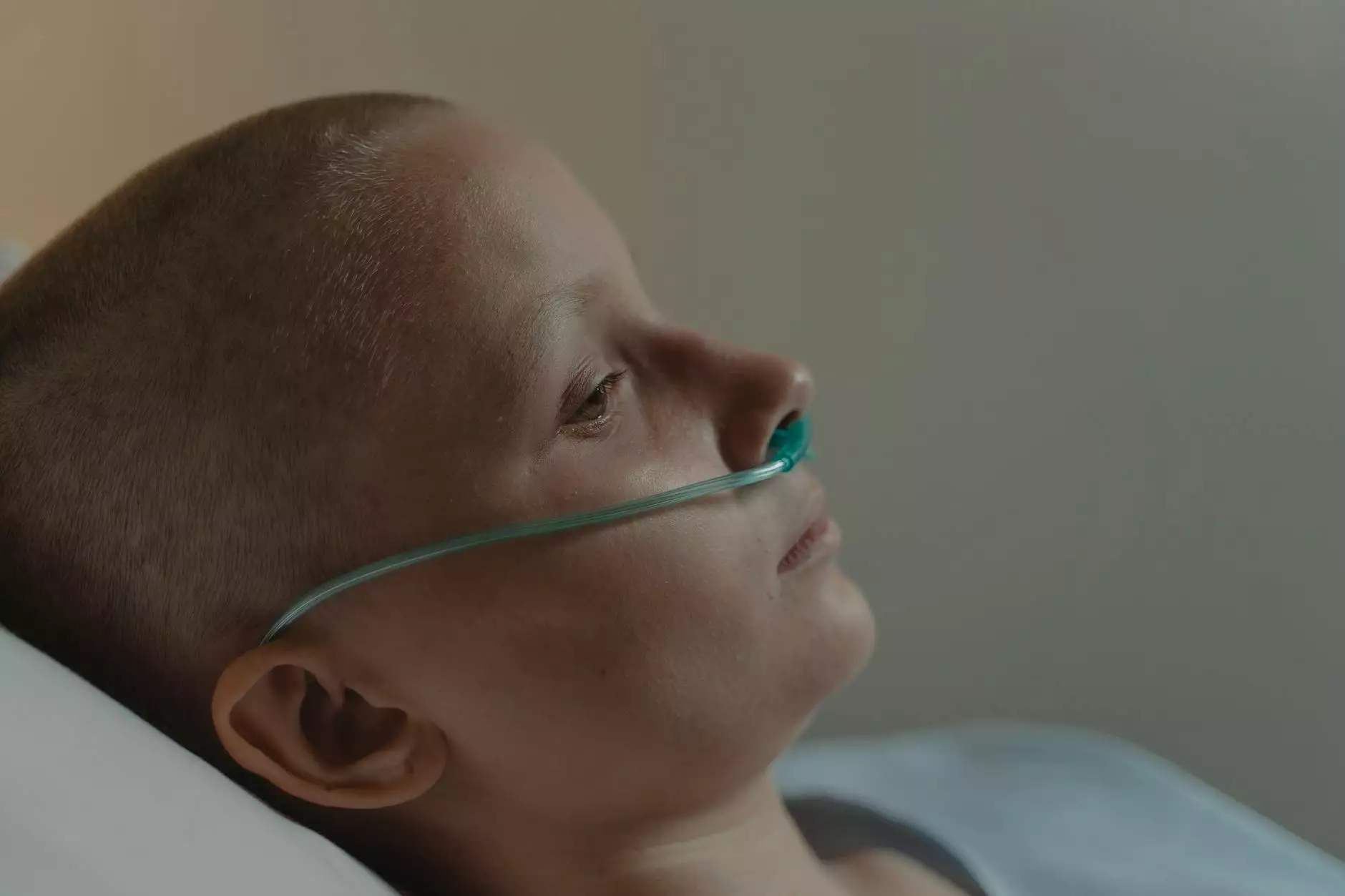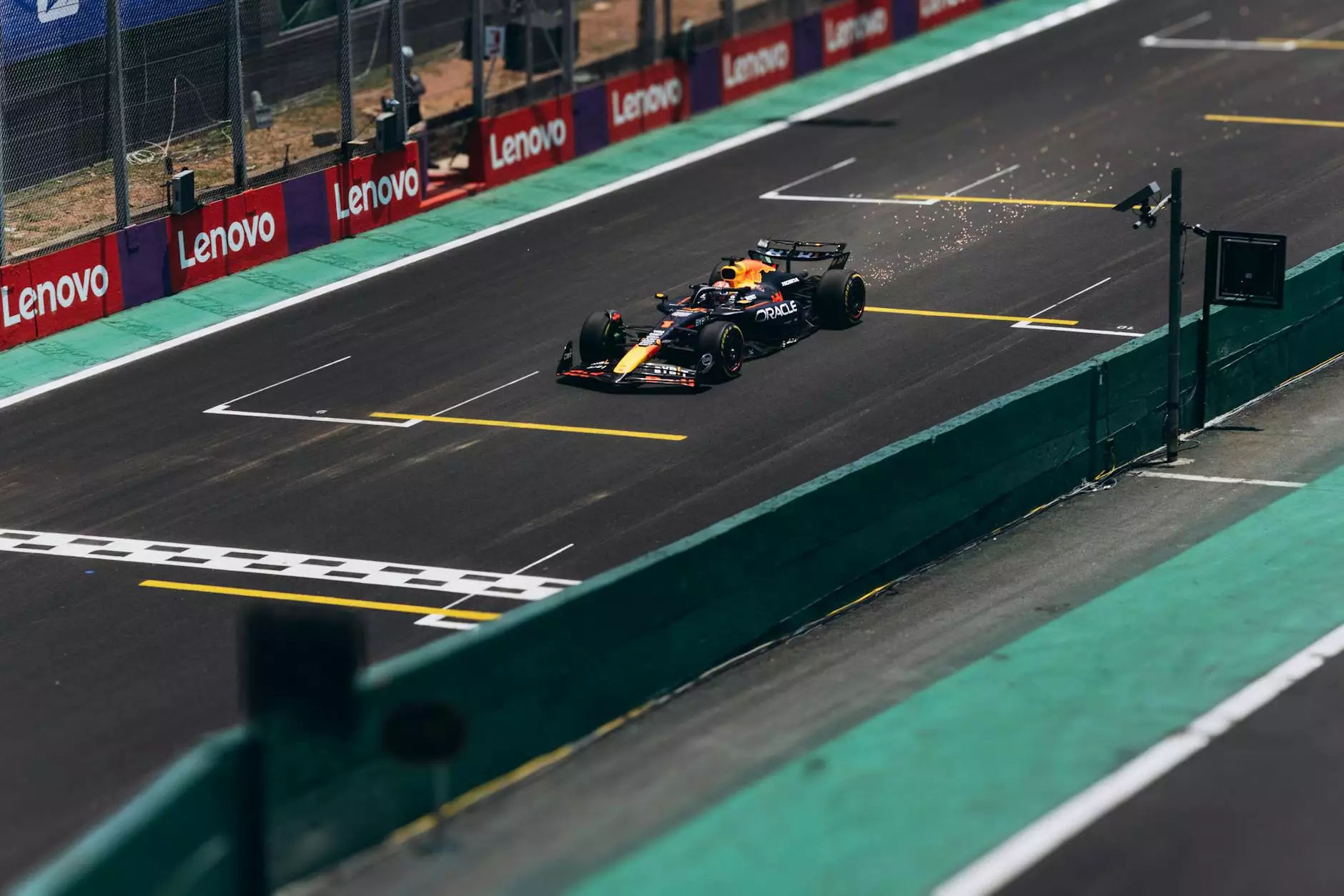Cancer Doctors: Pioneers in Treatment and Care

Cancer doctors, often known as oncologists, play a crucial role in the healthcare system, particularly in the fight against cancer. With advancements in medical science, these professionals are at the forefront of developing innovative treatment methods, ensuring that patients receive the best possible outcomes. This article delves into the multifaceted roles of cancer doctors, their impact on patient care, and the latest advancements in oncology.
Understanding the Role of Cancer Doctors
Cancer doctors specialize in diagnosing, treating, and managing cancer. Their training involves extensive education in oncology, as well as hands-on experience in various cancer treatment modalities. Below are the primary responsibilities of cancer doctors:
- Diagnosis: Utilizing imaging tests, biopsies, and laboratory work.
- Treatment Planning: Crafting personalized treatment plans based on the type of cancer and patient health.
- Patient Management: Monitoring patient progress and adjusting treatments as necessary.
- Coordination of Care: Collaborating with other healthcare professionals, including surgeons and radiologists.
- Palliative Care: Addressing the quality of life concerns for patients with advanced cancer.
The Different Types of Cancer Doctors
Cancer treatment is complex and often requires a team approach. Within the realm of oncology, there are various specialists whose expertise is crucial:
1. Medical Oncologists
Medical oncologists are often the primary care providers for cancer patients. They manage chemotherapy, targeted therapy, and immunotherapy. Their focus is on treating cancer from a systemic perspective.
2. Surgical Oncologists
Surgical oncologists specialize in the surgical removal of tumors and nearby tissue. They are essential in cases where physical removal of the cancerous growth is required.
3. Radiation Oncologists
Radiation oncologists employ radiation therapy to treat cancer. This can involve curative treatment, control of symptoms, or palliative care for advanced cases.
4. Pediatric Oncologists
These specialists focus on diagnosing and treating cancers in children, which can differ significantly in biology and treatment from adult cancers.
The Importance of Early Detection
One of the most significant contributions of cancer doctors is their emphasis on early detection. Early-stage cancer is often more treatable, leading to better outcomes and survival rates. Here are some critical strategies employed by cancer doctors:
- Screening Programs: Establishing guidelines for regular screenings based on risk factors.
- Genetic Testing: Identifying hereditary cancer syndromes to facilitate early intervention.
- Community Outreach: Educating the public about the early signs of cancer and the importance of seeking medical advice.
Innovations in Cancer Treatment
The landscape of oncology is continuously evolving, thanks to research and technological advancements. Cancer doctors are key players in implementing these innovations:
1. Targeted Therapy
Targeted therapies focus on specific molecular targets associated with cancer. This approach is less invasive than traditional methods, minimizing damage to healthy tissue.
2. Immunotherapy
Immunotherapies enhance the body's natural defenses to fight cancer. Oncologists are extensively researching and applying these therapies to improve patient responses.
3. Personalized Medicine
With advancements in genomics, cancer treatment has become more personalized. Cancer doctors analyze individual tumors to tailor treatment plans that optimize efficacy.
The Patient Oncologist Relationship
Trust and communication between cancer doctors and their patients are vital components of effective cancer care. A robust patient-oncologist relationship contributes to:
- Improved Compliance: Patients are more likely to adhere to treatment regimens when they trust their doctor.
- Emotional Support: Oncologists provide necessary support to patients struggling emotionally with their diagnoses.
- Comprehensive Care: A good relationship allows for discussion of all health concerns, including side effects and lifestyle choices.
Supporting Cancer Patients: Holistic Care Approaches
Recognizing that cancer treatment affects more than just the physical body, many cancer doctors advocate for a holistic approach:
Nutritional Support
Nutrition plays a critical role in cancer recovery. Oncologists often work with dietitians to develop meal plans that support the patient’s treatment goals.
Psychosocial Support
Cancer can take a toll on mental health. Many cancer care teams include psychologists or counselors who specialize in oncology.
Palliative Care
Effective palliative care focuses on managing symptoms and improving quality of life, rather than solely concentrating on curing the disease.
The Future of Oncology
As the field of oncology advances, the future of cancer treatment looks promising. The integration of artificial intelligence and machine learning into oncology practices is shaping diagnostic accuracy and treatment efficiency.
- Predictive Analytics: AI can help predict patient responses to treatments, allowing doctors to make more informed decisions.
- Telemedicine: Remote consultations are becoming increasingly popular, expanding access to specialized cancer care.
- Collaborative Research: Ongoing studies in genetic research and drug development continue to improve treatment options.
Conclusion
Cancer doctors serve as the backbone of cancer treatment, tirelessly advocating for their patients and utilizing the latest advancements in medical science. The role of cancer doctors goes beyond mere treatment; they are educators, supporters, and community leaders in the fight against cancer. At oncologicalsurgery.net, we are committed to providing valuable information and resources for anyone seeking guidance in the realm of oncology, ensuring that every patient has access to the very best cancer care.









